Since the consolidation of journalism, and the expansion of the technologies that support it, there has not been a war that has not been expressed by an image-symbol. Snapshots that, although they did not change the course of the war, did help to generate currents of opinion contrary to these from the civilian rearguard. From that of the Republican militiaman killed by a bullet that Robert Capa captured to the Afghan girl with green eyes that Steve McCurry managed to publish on the famous cover of National Geographic, to another infant, this one naked and burned by napalm launched by the U.S. Army in Vietnam, who paraded running and horrified in front of Nick Ut’s lens, and with which he would win the Pulitzer in his category.
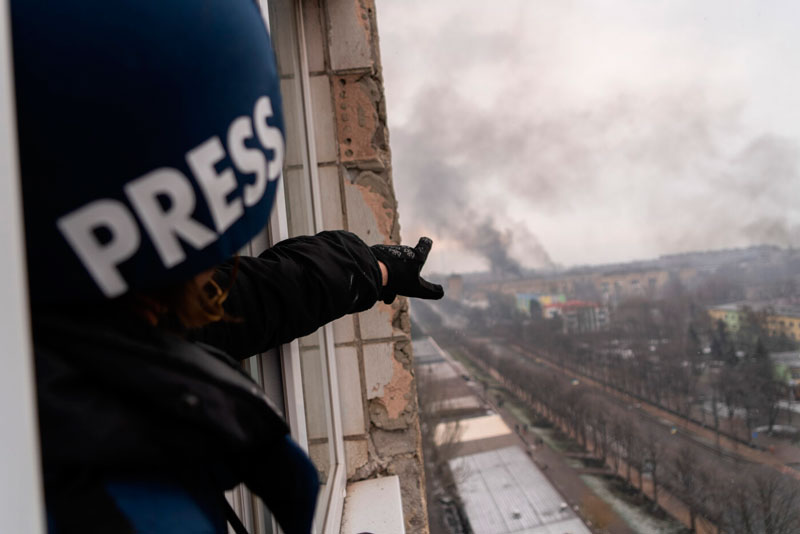
Closer conflicts also continue to feed the atrocious photographic record. Of the war that has been ravaging the Ukrainian territory on its border with Russia for almost two years now (and with no apparent resolution on the horizon), there is already a candidate to become the symbolic image of the barbarism taking place there. It is the snapshot taken by photographer Evgeniy Maloletka of a pregnant woman being transported to a maternity hospital on a stretcher after the savage Russian bombardment. Neither the unborn child nor the mother, who cried out to the doctors to end her life when she learned of the fate of the child she was expecting, survived the repugnant military action against civilian lives.
There was this AP photographer, surrounded by rubble, to capture that horrible moment. A camera shot of worldwide transcendence for which, months later, he would be awarded the World Press Photo award. Part of that intrahistory is part of 20 Days in Mariupol, the documentary made by Mstyslav Chernov, another Pulitzer Prize-winning journalist and filmmaker, who, together with Malotetka, was on the scene when the horror unfolded. In fact, they were the only two journalists left in Mariupol when Russian troops began their siege of this strategic city.
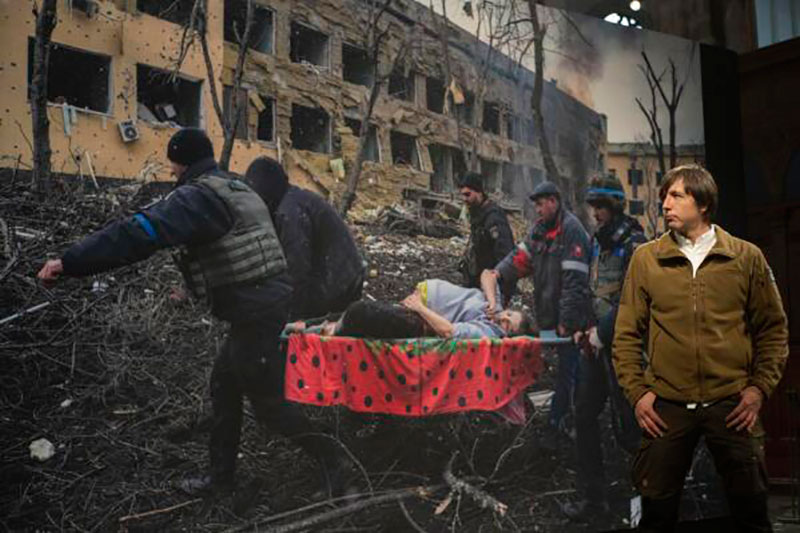
Chernov’s effort, produced by the Associated Press, recovers the material he filmed during those horrendous days to give it length and documentary format. Twenty days that begin with the first rumors of an invasion and develops with the progressive approach of Russian troops and the siege and strangulation of residents who could not, or would not, leave this enclave in the southeast of the country.
In the midst of that hell, aggravated by power outages, lack of water and food supplies, nervousness, stress and growing anguish, and the endless struggle of not knowing the destination of the next bomb, or the distressing approach of the troops and tanks of the Z division, Chernov is placed with the reckless mission of narrating the horror live. To give voice to all those trapped in the underworld so that the outside world would react to the barbarity. And he does so without any filters or restraint.
20 Days in Mariupol is a lacerating work, of an unbearable rawness that dries the tears and compresses the larynx to the point of suffocation. Chernov sets out to throw the viewer, without a bulletproof vest or helmet, into the bowels of that conflict. As a doctor says to the documentary filmmaker’s ever-attentive camera, War is like an X-ray. Good people are more good, and bad people are more bad. It is perceived in the bursts of humanism and solidarity (especially among the medical personnel working in the worst conditions), but also in the unreason that builds the desolate war landscape.
At another point, another doctor urges him to film the limp body of a four-year-old girl they have unsuccessfully attempted to resuscitate. If Chernov’s camera starts out hesitant and respectful, as the days go by, and infamy and pain take over all angles, his camera becomes more aggressive and invasive, ready to capture the tearing of the strife no matter how unpleasant its manifestation is and how unbearable it is for stomachs that have not gone through its mists of despair.
These images of the atrocity, captured by the nervous camera of a journalist torn between reporting and survival, are guided by a reflective and serene voice-over that exposes this internal struggle between documenting the terrifying punishment—in short, supporting the victims in his own way— and at the same time returning alive to the side of his loved ones. Without being at all necessary, he also accompanies the narration with haunting, even terrifying music that doubles the rawness and tension of what is exposed.
Winner of the Audience Award at the Sundance Festival, and nominated for an Oscar in its category, 20 Days in Mariupol establishes itself as an unsettling and horrifying testimony of that horror that spreads like mud with the arrival of bombs and shells. Chernov avoids the narcissistic style that operates in other editorial lines and on other fronts, knowing that the tearing without consolation takes place in front of the camera, and that his only link with humanity and reason is his own vision and conscience, which he transmits as a lucid counterpoint to the horror with his voice-over; as that guide to get out alive from the embers of war. The result is probably the most punitive ever recorded. And if For Sama was the chronicle of the destruction of Raqqa, this is the chronicle of Mariupol. Or how that which seemed firm and lively, in an unthinkable way, and in a very short time (20 days), becomes the pasture of fire, rubble and death.

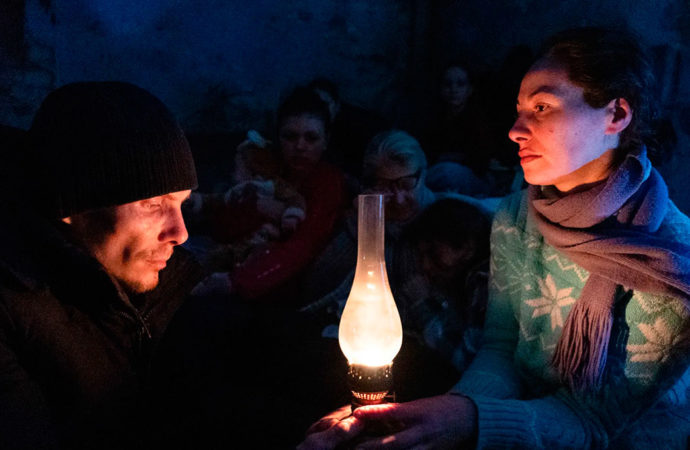
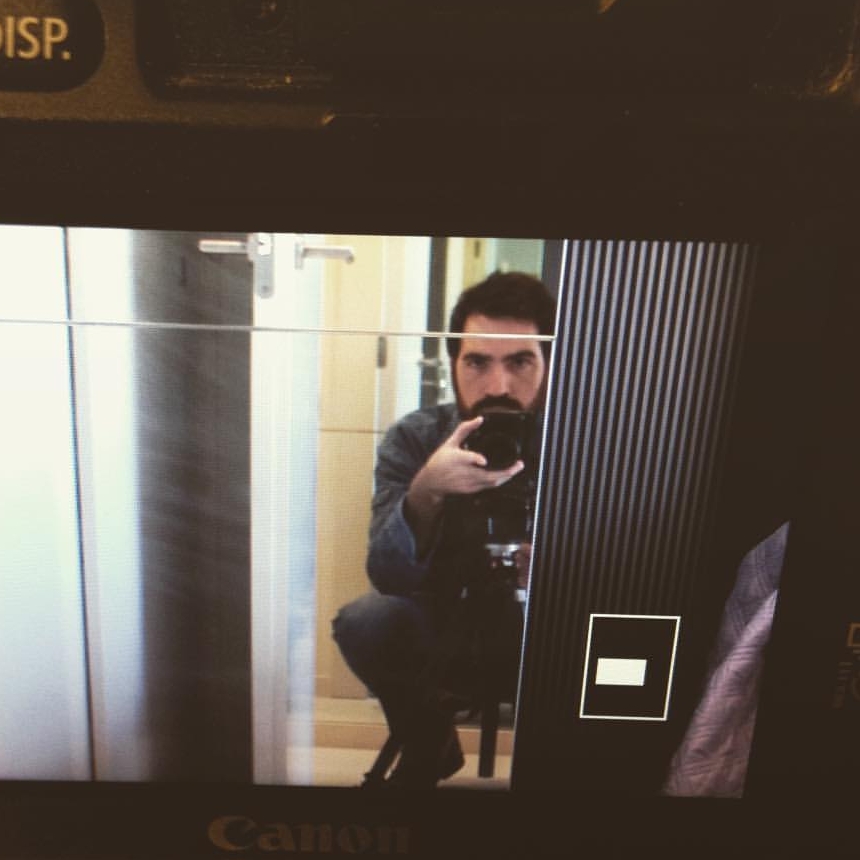


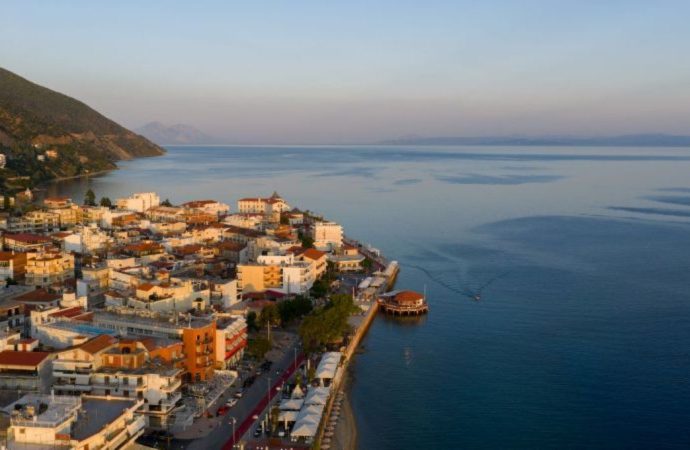


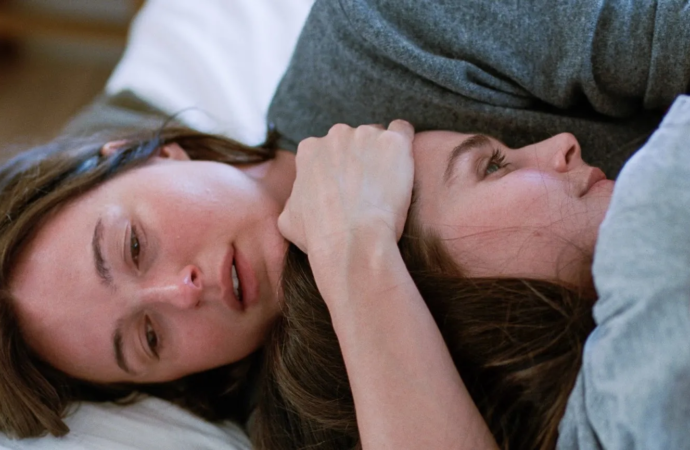
No one has posted any comments yet. Be the first person!